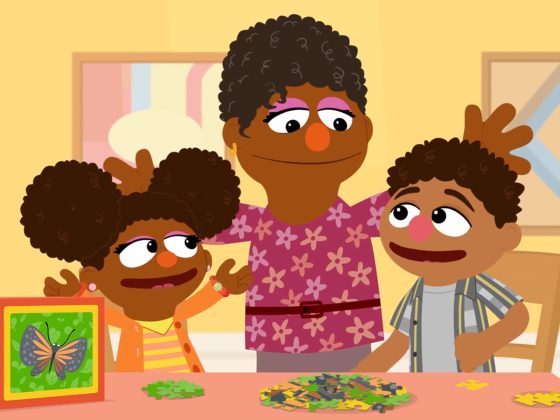
Helped, Heard, or Hugged?
There are so many ways to support a child in distress. You can give children a sense of control by offering three ways you may be able to help… and letting them choose.
When children are in distress, asking them the best way you can offer support can be a powerful strategy: “Do you want me to help you, hear you, or hug you?” After all, we all need different things at different times, and every child is different. Just like Grandma Nell, you can simply ask children what they need:
- Helped: Children may want concrete help solving a problem.
- Heard: Often, children just want to be listened to—to vent or talk through what’s going on.
- Hugged: Children may simply want some physical comfort! (Remind children that if a safe, trusted adult is not around, they can try giving themselves a hug.)
You can also pose this similar question: “Do you want a pal (a friend to sit with you, listen, and be kind), a partner (someone to help you solve a problem), or privacy (some quiet time alone)?”
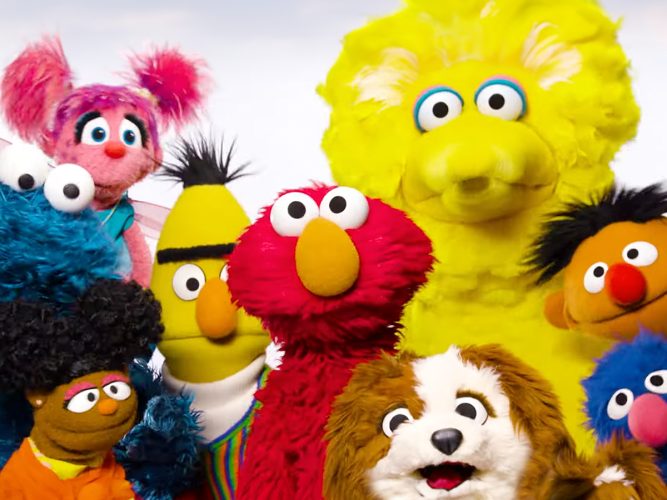
Hum Along to Sunny Days With Elmo and Friends
A video about the power of humming.

Mindful Caregivers
Practicing mindfulness is a great way to slow down and reset.

What Mental Health Specialists Want Parents to Know About Anxiety
An article for parents about childhood anxiety

When You’re Concerned About Your Child’s Mental Health
An article for parents concerned about children’s mental health.
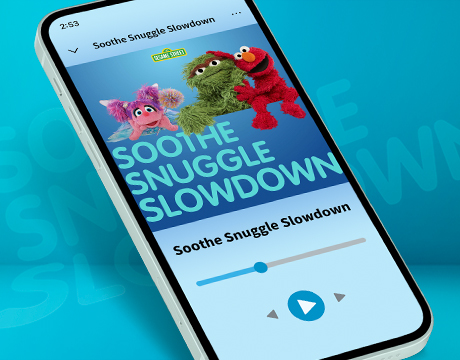
Soothe Snuggle Slowdown: Songs and Strategies for Restful Sleep
This curated playlist helps little ones (and their tired grown-ups) relax and unwind! A mix of mellow tunes sets the mood for naps, bedtime… or just some much needed down time.
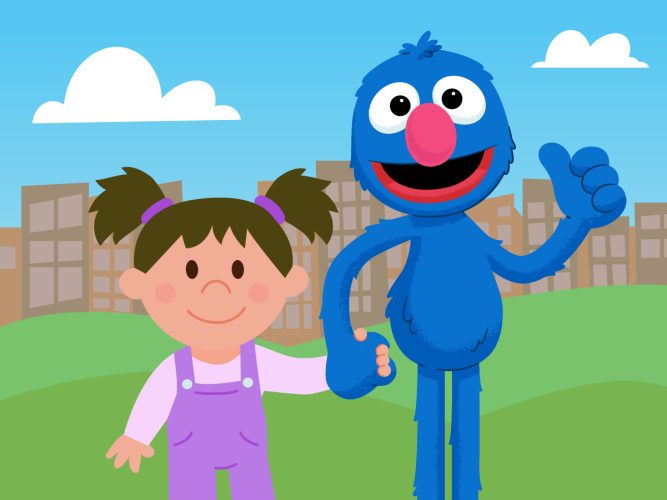
Components of Community: Creating Social Connections to Address Mental Health
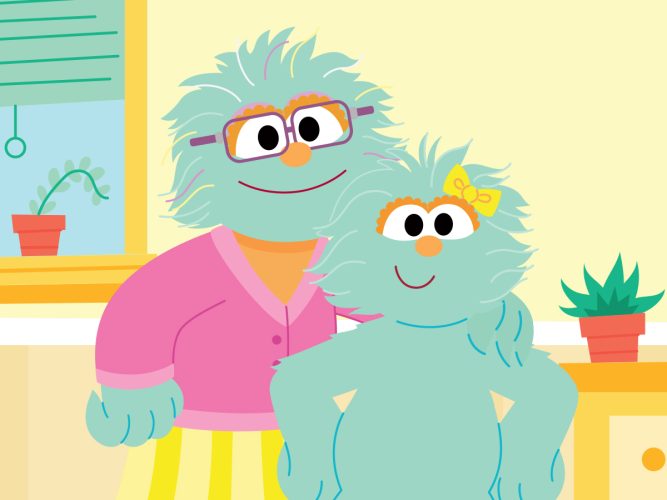
Components of Community: The Science of Kindness
Explore ways to connect and foster kindness in everyday life.
